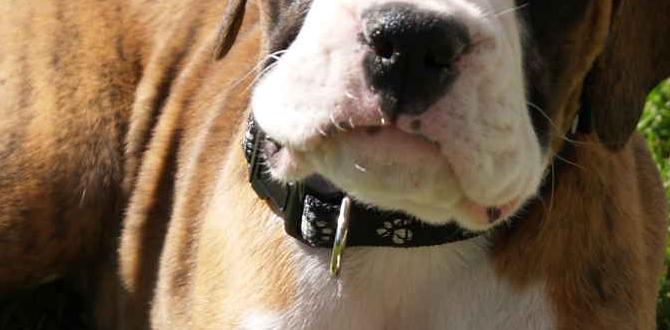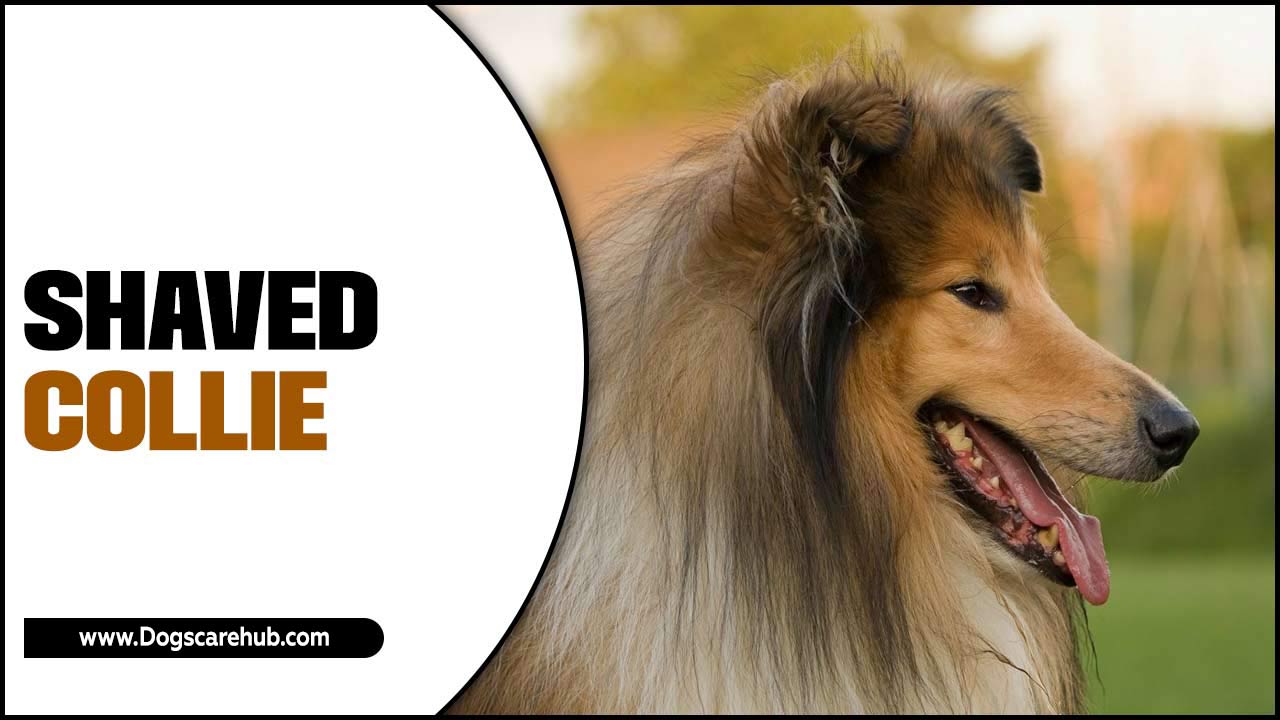Puppy training behavior in older dogs might sound like a contradiction in terms, but it’s an achievable reality for many pet owners. While puppies are often the poster children for obedience classes and housebreaking, older dogs, whether adopted late or simply never fully trained, can absolutely learn new tricks and behaviors. The key lies in understanding their individual needs, leveraging their existing experiences, and employing patience and positive reinforcement. This isn’t about expecting the same rapid-fire learning of a young pup, but rather a steady, rewarding process of building good habits and a stronger bond.

The notion that “you can’t teach an old dog new tricks” is largely a myth. While it’s true that older dogs may have established routines and ingrained habits, their capacity for learning remains. In many cases, older dogs have a greater capacity for focus and can be less prone to the boundless energy and distraction that often characterizes puppyhood. This inherent maturity can, in fact, make certain aspects of puppy training behavior in older dogs surprisingly effortless. Think of it as building upon a foundation of life experience, rather than starting from scratch.
Understanding the Older Dog’s Learning Curve
Before embarking on any training regimen, it’s crucial to assess your older dog’s background and current condition. Has this dog lived a sheltered life, or have they had previous exposure to training or different environments? Are there any underlying health issues that might affect their mobility or cognitive function? A quick visit to the veterinarian can help rule out any physical limitations that might hinder training. Once you have a clear understanding of your dog’s physical and mental state, you can tailor your approach.
Older dogs often respond exceptionally well to positive reinforcement. Harsh corrections or punishment can be counterproductive, leading to fear, anxiety, or a breakdown in trust. Instead, focus on rewarding desired behaviors with high-value treats, enthusiastic praise, and gentle petting. This positive association will make the learning process enjoyable and encourage your dog to seek your approval. Remember, consistency is paramount. Shorter, frequent training sessions are generally more effective than long, drawn-out ones, especially for older dogs who might have shorter attention spans.
Essential Skills for Puppy Training Behavior in Older Dogs
When we talk about puppy training behavior in older dogs, we’re often referring to fundamental skills that contribute to a well-behaved canine companion. These can include:
House Training: If your older dog has never been reliably house-trained, don’t despair. Establish a consistent schedule for potty breaks, especially after waking up, eating, and playing. Reward success immediately with plenty of praise and a tasty treat. Be patient and avoid punishment for accidents; instead, focus on preventing them by supervising and adhering to the schedule.
Leash Manners: Many older dogs can be hesitant or pull on the leash due to lack of experience or discomfort. Start by introducing the harness or collar and leash in a positive way, associating them with treats and praise. Gradually progress to short walks, rewarding loose-leash walking. If your dog pulls, stop walking until the tension on the leash slackens, then continue.
Basic Obedience Commands: Commands like “sit,” “stay,” “come,” and “down” can significantly improve your dog’s responsiveness and safety. Use clear, consistent verbal cues and hand signals. Break down each command into small, manageable steps, rewarding each successful approximation. For “come,” make yourself exciting and rewarding when your dog approaches you.
Socialization: While extensive puppy socialization is ideal, it’s not impossible for older dogs to benefit from positive social interactions. Introduce them gradually and carefully to new people, dogs, and environments. Observe your dog’s body language and retreat if they show signs of stress or fear. Controlled, positive experiences are key.
Addressing Specific Behavioral Challenges
Sometimes, puppy training behavior in older dogs involves addressing pre-existing behavioral issues. This could range from jumping up and excessive barking to mild separation anxiety. For jumping, redirect the energy by asking for a “sit” instead. For barking, identify the triggers and work on desensitization and counter-conditioning. If separation anxiety is a concern, start with very short periods of absence and gradually increase the duration, always ensuring your dog feels safe and secure upon your return. Consulting a professional dog trainer or a certified behaviorist can be invaluable when dealing with more complex behavioral challenges. They can offer tailored strategies and support.
The “effortless” aspect of training an older dog often comes from their established ability to focus and their often-eager desire to please their human companions. They may not have the same boundless energy as a puppy, but they have a wealth of life experience and a developed capacity for understanding. By approaching training with patience, positive reinforcement, and a deep understanding of your individual dog, you’ll find that guiding them towards better behavior is not only possible but also a deeply rewarding journey. The bond you forge through this shared learning experience will be stronger and more profound than ever before.
Meet Elyse Colburn, the devoted canine companion and storyteller behind the enchanting world of “Tales, Tails, and Adventures Unleashed.” A passionate dog enthusiast with a heart full of paw prints, Elyse Colburn shares heartwarming tales and insightful adventures, celebrating the joy, loyalty, and endless antics that make every dog a true hero. Join Elyse Colburn on this tail-wagging journey, where every post is a love letter to our four-legged friends.






